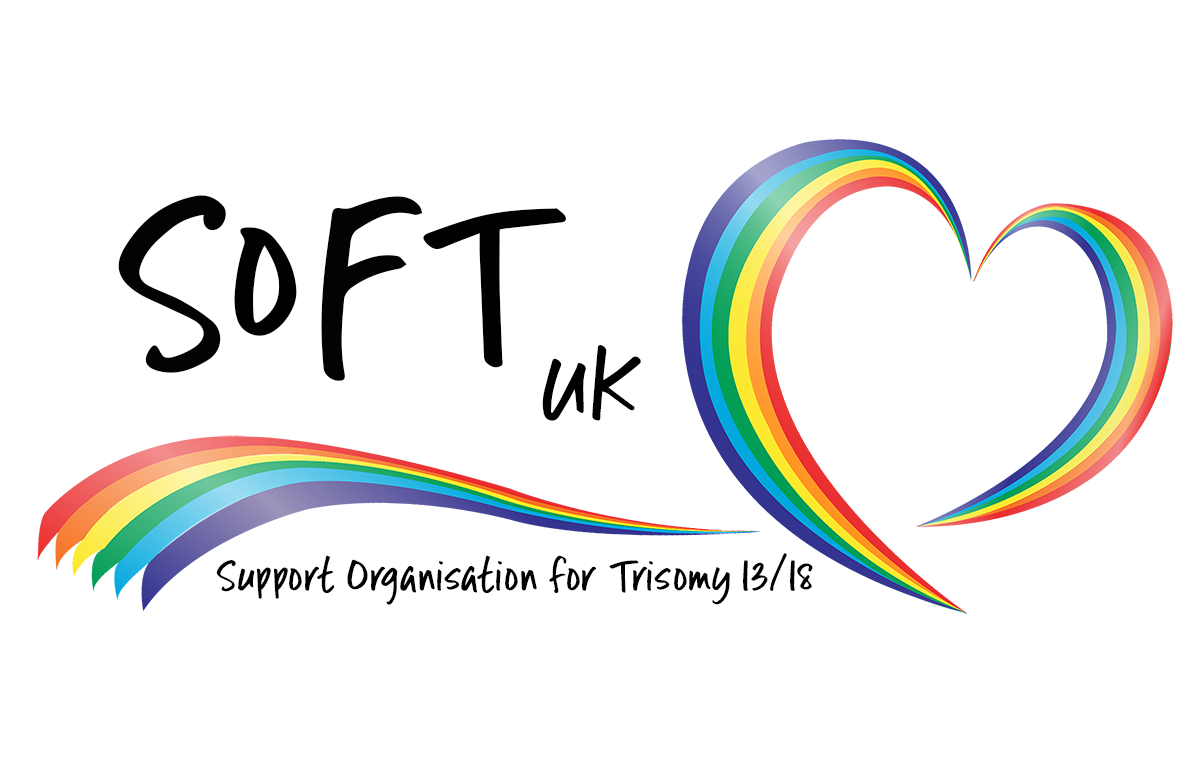Grieving the Loss of a Child: How It’s Different
Losing a child is one of the most profound and heartbreaking losses a person can experience. It disrupts the natural order of life and brings with it an intense, unique grief that is difficult to articulate or understand. At SOFT UK, we support families coping with such unimaginable pain and want to shed light on how grieving the loss of a child differs from other forms of grief.
Why Is Grieving the Loss of a Child Different?
1. The Loss of a Future
When a child passes away, it’s not just the present that is lost, but also the future you had envisioned. Whether it’s the dreams of watching them grow up, celebrating milestones, or simply sharing life’s moments, those expectations are irrevocably changed.
Grieving parents often face a profound sense of "what could have been," which can intensify feelings of sadness and longing.
2. The Depth of Emotional Pain
The bond between a parent and child is unparalleled. Losing a child often brings overwhelming emotions, including:
Guilt: Wondering if more could have been done or feeling responsible in some way.
Anger: Questioning why the loss happened and the seeming unfairness of it.
Despair: Experiencing a deep sense of emptiness and hopelessness.
These emotions may feel more intense and prolonged compared to other types of grief.
3. Social Isolation and Misunderstanding
Grieving parents may feel isolated, as others may struggle to comprehend the depth of their pain or know how to offer support. Comments like “You’ll have another child” or “At least they’re no longer suffering” can feel dismissive, even if well-intentioned.
Society often struggles to address grief, and this can leave bereaved parents feeling alone in their journey.
4. The Physical Impact of Grief
The physical effects of losing a child can be severe, including:
Extreme fatigue or insomnia.
Changes in appetite and weight.
Physical pain, such as headaches or muscle tension.
These symptoms can persist for months or even years, underscoring the profound toll grief takes on the body.
5. Grieving as a Family
The loss of a child impacts not just parents but the entire family. Siblings may experience their own grief, often combined with confusion or guilt. Extended family members may also grieve while trying to support parents.
Balancing individual grief with the need to support others can add complexity to the healing process.
How to Cope with the Loss of a Child
1. Allow Yourself to Grieve
Grieving is a personal process. There is no right or wrong way to do it, and there is no timeline. Give yourself permission to feel and express your emotions without judgment.
2. Seek Support
Connecting with others who have experienced similar loss can be a lifeline. Support groups, whether in person or online, provide a space to share your story and hear from others who understand. SOFT UK offers support for families dealing with the loss of a child, helping you feel less alone.
3. Remember Your Child
Finding ways to honor your child’s memory can be healing. This could include:
Creating a memory box with special keepsakes.
Planting a tree or dedicating a garden space.
Participating in charity events or causes that hold significance.
4. Seek Professional Help
Grief can feel overwhelming, and professional counseling or therapy can provide a safe space to process your emotions. Therapists trained in grief and loss can help you navigate the complexities of your feelings.
How SOFT UK Can Help
At SOFT UK, we understand the unique pain of losing a child and are here to provide compassionate support. Our resources are tailored to families grieving the loss of a child, offering:
Peer support from others who have walked a similar path.
Resources and guidance to help you navigate the grieving process.
A community where you can share your story and honor your child.
